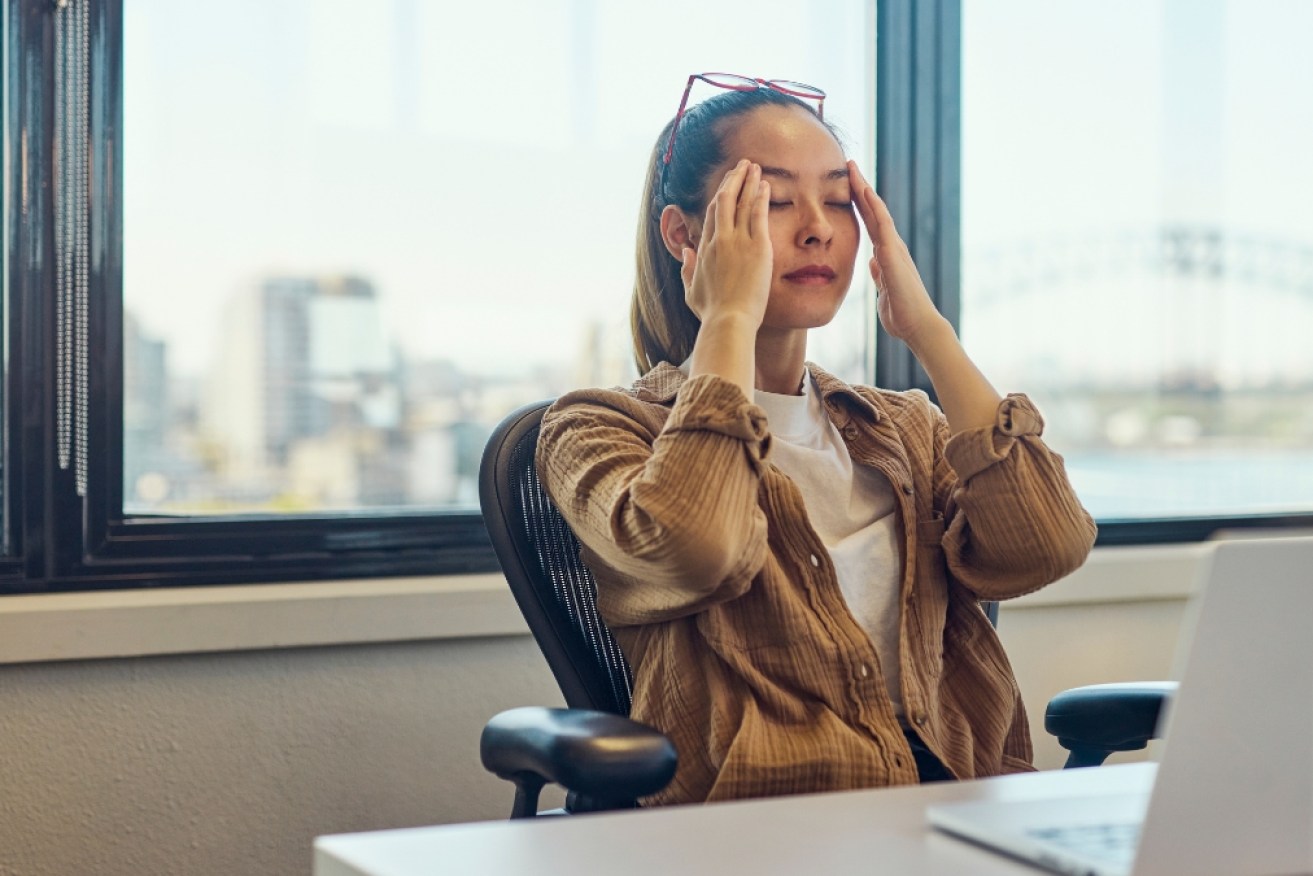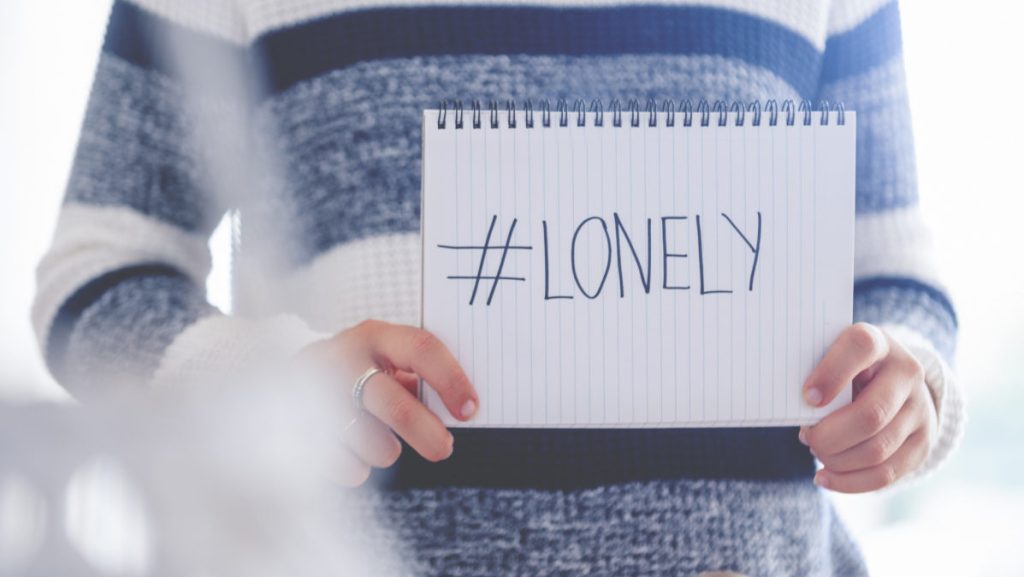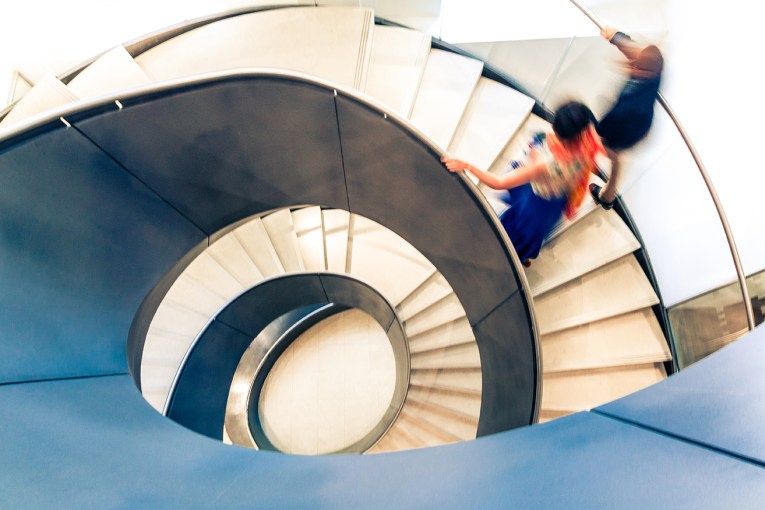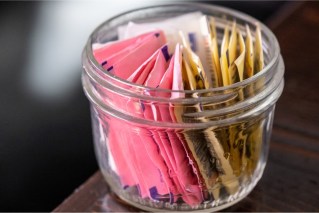Millennials have far poorer mental health than previous generations: study


It's important to remember that Australia is a safe country, Dr Ahmed said. Photo: Getty Photo: Getty
Millennials have far poorer mental health than previous generations and it is not improving as they age, according to a new study.
The study used data collected by a national survey of 9000 households to assess the mental health of different generations born between 1940 and 1999.
Dr Richard Morris, lead author and research fellow at the University of Sydney, said most research has been focused on the declining mental health of school-age children and teenagers.
“We expect their mental health to eventually improve as they enter adulthood, but this study shows this pattern is changing and that it is not just the kids we need to worry about,” he said.
“Our data [shows] not only shows a continuing decline in the mental health of the current crop of young people, but [it] continues to affect older generations today heading into their 40s and 50s.”
The study used multiple measures of mental health, finding that people born in the 1990s have poorer mental health for their age than any previous generation.
Public health issue
Dr Sebastian Rosenberg, senior lecturer at the University of Sydney’s Brain and Mind Centre, said spending on mental health in Australia has not shifted since 1992.
“This generational study found the mental health of young people is worsening now, not improving. We cannot rely on spontaneous resolution of this problem,” he said.
“So while more funding is urgently needed, it must also be properly calibrated towards services that effectively identify and meet the emerging mental health care needs of Australia’s young people.”
He said the underfunding of mental health services in Australia is a very significant problem.
“Failure to do so embeds greater distress on young people and their families,” Rosenberg said.
“It also imposes greater costs on the community and taxpayers in terms of the need to provide disability, unemployment or other support over the long course of these young people’s lives.”
The findings are consistent with other research that has shown similar results when measuring the mental health of young Australians.
Research from the University of Queensland recently found that one in two Australians will have a mental health disorder by the age of 75, with most emerging between the ages of 15 and 20.
Another factor that is causing an increasing toll on Australians’ mental health is natural disasters, with half of people surveyed reporting being negatively affected by it.
Causes
Professor Eoin Killackey, associate director of Orygen, said the researchers have pointed to a wide range of factors.
“The economy has broadly improved across the lifespan of young people, but the benefits of that improvement have not been equally distributed with young people receiving little direct benefit through, for example, greater access to education or housing,” he said.
“Added to these factors are the more general ones of climate change, increasing war and global uncertainty, and the paradox of higher connection via social media and higher loneliness.”
Loneliness has been flagged as a new ‘epidemic’ for young people following the COVID-19 pandemic. Australians have half the number of close friends that they had in the 1980s.

COVID-19 created extra stress on Australians’ mental health. Photo: Getty
Killackey said education has become harder and more expensive to access, which can lead to other factors.
“Following education or training, employment has become more casualised and less stable for current young people, and increasingly involves periods of unpaid internship work to get a foothold in industry,” he said.
“It all adds up to a situation where it is harder now than it ever has been for young people to feel a sense of hope or certainty for their future, and that is a situation ripe for mental ill health and poor wellbeing.”
If you need help call Lifeline on 13 11 14








